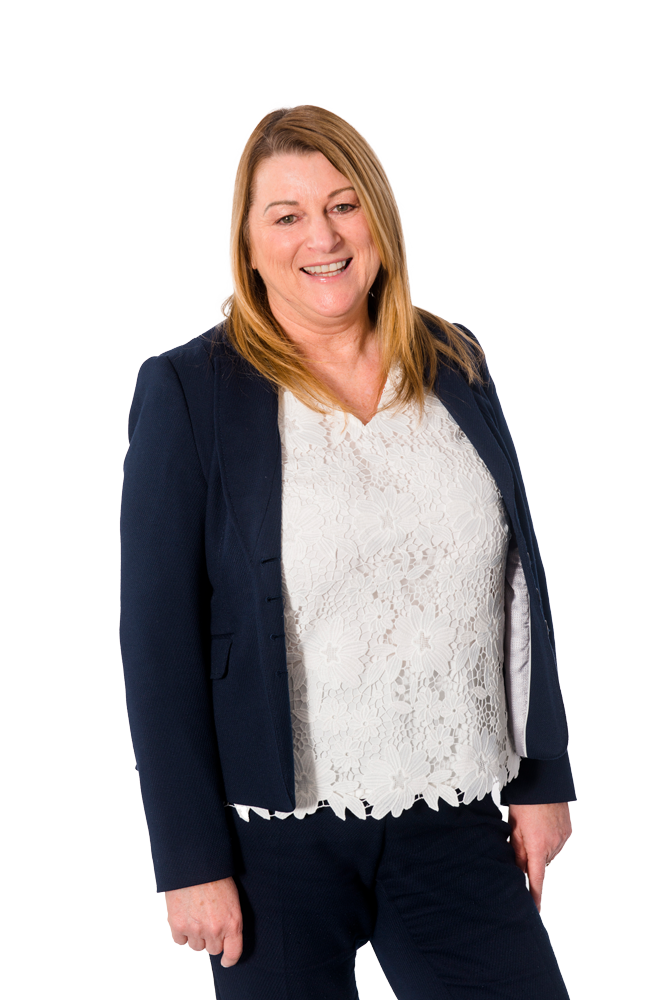Full steam ahead - Scottish distillery with Grundfos
There’s steam and there’s high-quality steam. There are pump solutions and intelligent pump solution...
Aggressive operating environments can drastically shorten the life of plant equipment. Humid and corrosive conditions, as well as extremes of temperature can quickly deteriorate assets, which ultimately impact on production. Here, we discuss the importance of specifying component parts that are better suited to harsh environments.

In the industrial world, machinery can be exposed to some of the most extreme conditions. High or low temperatures, chemical vapours, condensation, dust and gases can all conspire to degrade the materials that make up essential machine parts. When combined with wear and tear from the production process in which it is deployed, this can result in premature failure, which, when not anticipated can cause production to grind to a halt.
Certain industries are particularly prone to conditions that put increased strain on your equipment. For example, steel production is particularly arduous for equipment. The process inherently creates a corrosive environment, with copious dust accumulation, combined with a cycle of very high and low temperatures.
The thermal expansion caused by widely varying operating temperatures creates a challenge especially for electric motors and gearboxes. Bearing clearances and lubricant viscosity can change throughout the production cycle, reducing their performance and lifespan. The perpetual exposure to corrosive elements will damage surface finishes, which can complicate any remedial work when that plant is overhauled.
Electrical equipment is particularly vulnerable to harsh environments. Condensation can build up to deposit water inside high voltage equipment – with obvious consequences, whilst high ambient temperatures impede the equipment’s ability to keep delicate parts running at a safe temperature. Corrosive gases have an appetite for the copper tracks on circuit boards – manifesting in the sudden death of complex systems.
Food processing is another arduous environment. Whilst far different to the steel processing sector, different operating conditions can create challenges for your equipment. For instance, milling processes create a lot of dust that contaminate lubricated surfaces, causing problems for bearings, chains and gears. Other processes, such as frying will contaminate equipment with sticky oil – with similar effect. Even the wash-down process is problematic – as a mis-directed high-pressure water jet will force water past sealing faces, filling equipment with water, or pushing the grease out of where it should be.
Whilst it is often not possible to avoid these challenging conditions, they don’t have to cause a problem. Let’s take a look at the best practices that should be adhered to, to ensure that machinery is fit for purpose.
Choosing the right products might sound like an obvious consideration, but it isn’t always the first choice. Often, equipment specifiers might overlook better specification, in favour of a lower purchase price. However, the true cost of this might not be understood without considering the total cost of ownership. The cost of unplanned downtime will wipe out any component cost savings very quickly.
In aggressive environments, special consideration needs to be given to the individual components, and the materials from which they are made. Manufacturers will have a detailed understanding of how their products will operate in different applications, and throughout each environment – so it is important to get advice early on.
For example, hoses are constructed from a wide range of materials, including rubber, PVC, polyurethane, silicone, PTFE, and various metals. Each material will have different chemical compatibility, but also a different range of temperatures that it is suitable for. Without expert guidance, selecting the cheapest ‘hose that fits’ might be tempting for some – however, there is a lot to go wrong.
With the appropriate guidance, the less obvious pitfalls can be addressed – such as PVC not being suitable for sub-zero temperatures, and its tendency to become more elastic in higher temperatures, or whether the substance that the hose is carrying will cause the walls to break down or not.
It is important to have a full picture of an application, including the environment, and the materials being processed.
There are cases where poor product selection can have dangerous consequences. Some chemicals which are inert at low temperatures, may become hazardous as they heat up. This consideration includes the material that the hose is made from. For high temperature processes, the right elastomer must be employed, to prevent contamination of the product – which may become carcinogenic.
For this reason, it is important to provide the datasheets relating to the production process and raw materials involved. This helps ensure that parts and equipment specified, are fit for purpose, and ensures that hazardous materials are contained.
Across a huge range of industries, continuous production hinges on the performance and reliability of individual parts. In aggressive environments, these parts can suddenly and unexpectedly fail. By specifying the correct products and systems, the chances of failure can be drastically reduced. When combined with ongoing data analysis, plant managers can get the ultimate peace of mind.
For ERIKS to get sufficient information and determine the best possible solution, we ask lots of relevant questions about the operating environment, and materials being processed, in addition to the standard selection criteria. This is an important step to ensure that products are suitable, reliable, and safe to use.
If your equipment is correctly specified to suit the environment and the materials handled, what else can you do to maximise reliability and reduce downtime? Due to the sharp failure curve within aggressive environments, traditional maintenance and periodic monitoring might not be effective.
Instead, you should consider live data acquisition through real time online monitoring. Systems are available that continuously gather the information needed, to provide advanced warning of impending failure, along with datalogging, and threshold triggered alerts.
Across a huge range of industries, continuous production hinges on the performance and reliability of individual parts. In aggressive environments, these parts can suddenly and unexpectedly fail. By specifying the correct products and systems, the chances of failure can be drastically reduced. When combined with ongoing data analysis, plant managers can get the ultimate peace of mind.
Get the latest updates from ERIKS including:
Choose any or all of these via the ERIKS Subscription Centre!
Our Know+How brings together the best of the latest Know+How Hub articles in one easy to digest magazine, covering the following topics:
That's why its the leading magazine for maintenance engineers from ERIKS.
Want Know+How Magazine delivered direct to your door? Visit the ERIKS Subscription Centre to opt-in!
Take a look at our latest updates...
There’s steam and there’s high-quality steam. There are pump solutions and intelligent pump solution...
Looking for a custom Product quote? Need an answer to a Technical question? Looking for Careers/HR support? Want to work with us? Interested in our Digital Trading solutions? Have a finance question? Send us your enquiry and a member of the ERIKS team will be with you quickly.
We strive to deliver exceptional quality service and products. As part of this goal, we encourage customers to submit feedback on their experiences so we can resolve any issues and concerns.
At ERIKS we strive to deliver the best quality service and products. As part of this goal we encourage customers to submit feedback on their experiences so we can resolve any issues and concerns.
Call us: +441215086000
